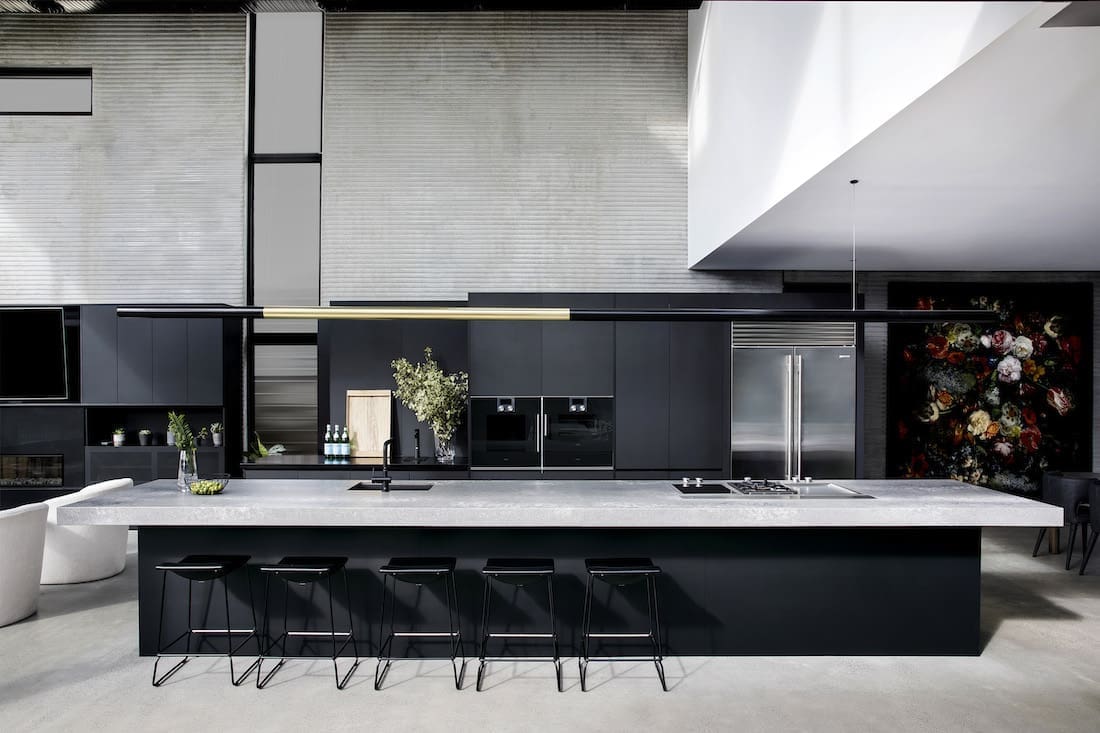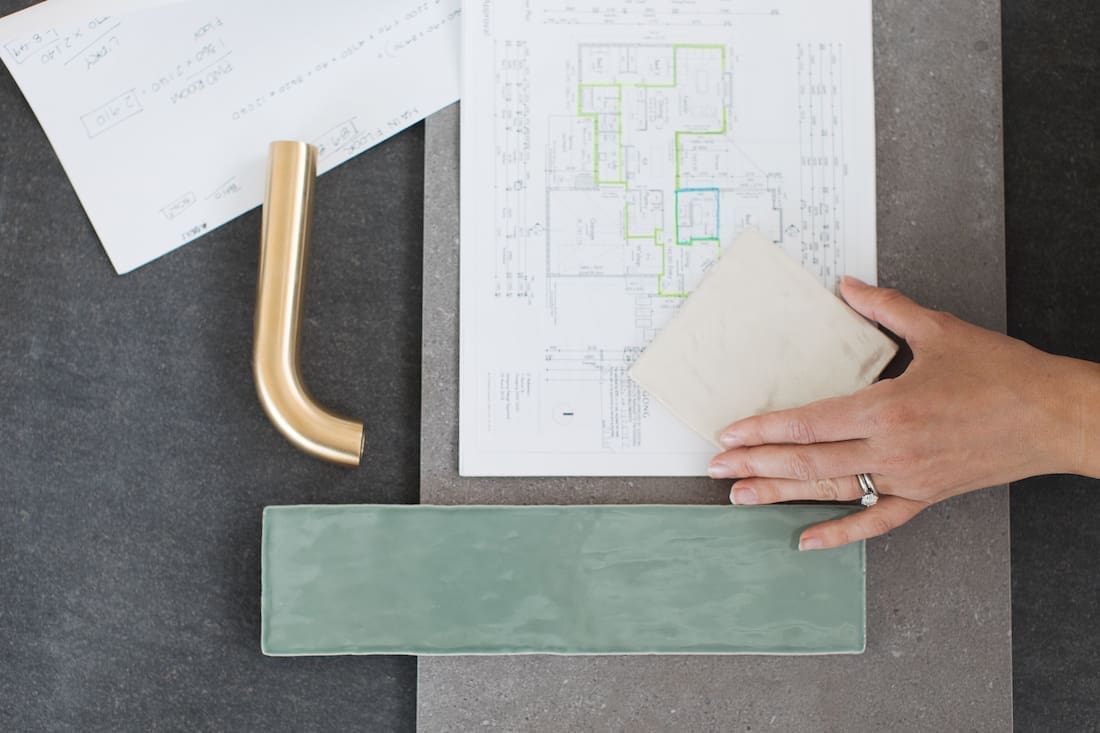Supported by AGIG
Renovating or building your dream home is an exciting journey but it involves making many important decisions, especially when it comes to which appliances suit your lifestyle. Recently, the Victorian Government introduced new laws that may impact your choice of energy, particularly with regards to gas connections. If this affects you, let us cut through the noise and share what you need to know about these changes and how you could still enjoy the benefits of gas in your new or renovated home.
Related article: Building a new home with gas, your checklist on where and what to include
Related article: Rebuild or renovate? Which option should you take?

Understanding the new gas connections laws in Victoria
The Victorian Government has announced that starting from 1 January 2024, there will be new restrictions on connecting to the gas network for new builds requiring a planning permit. You will only be impacted if you require a planning permit. Not all projects require a planning permit. For example, if you only require a building permit, you can still connect to gas.
The restrictions mainly affect new homes, residential subdivisions, apartment buildings and various other types of projects that require a planning permit. If you’re planning to undertake any works on your property after 1 January 2024 and want to connect to gas, check with your builder or developer to see if a planning permit is required. If so, you may be impacted but can still act quickly to lodge your planning permit before 1 January 2024.
The new gas connection restrictions do not apply to:
- new dwellings that do not require a planning permit
- existing homes with an existing gas connection
- existing homes without an existing gas connection
- renovations and extensions to existing dwellings that do not require a planning permit.
These changes will not impact dwellings with planning permits already lodged or approved.
So the key takeaway is that Victoria’s gas supply is still safe and secure (gas still provides energy for over 1.4 million Victorians!) but new dwellings requiring a permit after 1 January 2024 will need to ensure their application for a planning permit is in before the end of 2023 if they wish to include gas appliances in their home.

Planning a home renovation in Victoria
The new gas laws will not affect renovations, alterations, and new homes that don’t require a planning permit. So if you’re planning a home reno in Victoria and only require a building permit, you still have the choice of how you power your home. But how to decide on the best source of energy for your home?
5 tips to decide on the energy source for your home:
Evaluate energy efficiency
Consider the energy efficiency of different appliances and systems in your home. Gas appliances, like water heaters and stoves, often outperform their electric counterparts in terms of efficiency. This can mean lower energy bills and reduced environmental impact. Additionally, with the transition to renewable gas on the horizon you can take comfort knowing the gas network is also on a journey to convert to carbon neutral gas.
Reliability and consistency
Power outages can occur during storms, in heat waves or when there’s too much demand on the network. During power outages if you are reliant on grid electricity (like most households) you could find yourself without hot water or a stove if those appliances are electric. On the other hand, gas offers a consistent and reliable energy source, for example a household on AGN’s gas network has, on average, just one unplanned outage every 112 years.
Environmental impact
Gas, particularly renewable gas, is a lower carbon and energy source compared to coal fired grid electricity*. Added to that over the past 12 months 69% of Victoria’s electricity is generated from coal**. Natural gas is a lower-emission option compared to grid electricity, and renewable gas when burned is carbon neutral.
Cost savings and rebates
Gas appliances tend to have lower operating costs which can save you money on your energy bills in the long run.
Performance
Without a doubt one of the main benefits of gas (and why Victorians are the biggest residential users of gas in Australia) is because it delivers instant results. Whether you want to warm your home in a flash or cook up a feast, gas offers immediate results and ultimate control.
We recently shared a checklist on all the zones of the home you may want to use gas and tips on what to consider.
We hope this info has helped you understand the changes to gas connection in Victoria. If you have any questions, leave a comment below. For more information visit Victoria’s Energy Future | Australian Gas Networks.
More advice on building or renovating
* energynetworks.com.au/resources/fact-sheets/reliable-and-clean-gas-for-australian-homes-2/
** https://aemo.com.au/energy-systems/electricity/national-electricity-market-nem/data-nem/data-dashboard-nem




